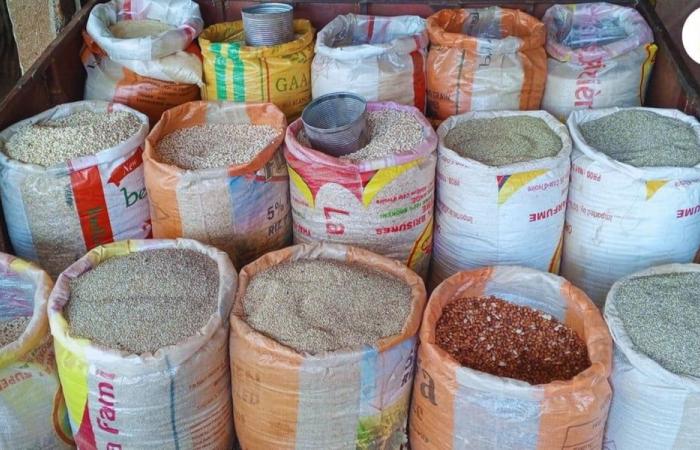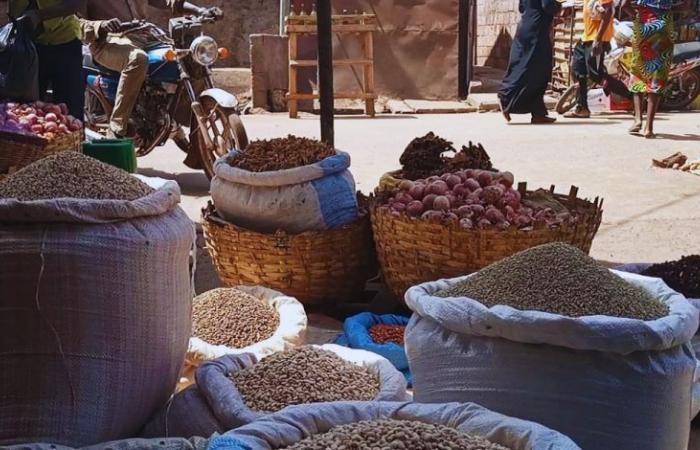The high volatility of food prices over the past five years has weakened many African countries, particularly those that rely heavily on imports for their food supplies. This price instability represents a major challenge, especially since households in sub-Saharan Africa spend on average 50% of their income on food.
In this context, public food stocks appear as a strategic tool to counter price fluctuations and strengthen food security on the continent. This is one of the conclusions of the report entitled “Towards a Post-neoliberal Stabilization Paradigm for an Age of Overlapping Emergencies – Revisiting International Buffer Stocks Based on the Case of Food”. This document, written by economists Isabella Weber and Merle Schulken and supported by the Heinrich Böll Foundation and the Rosa Luxemburg Foundation, advocates the establishment of buffer stocks on a national, regional and global scale.
Despite criticism from experts on the risks of market distortion and attacks on free competition, the authors highlight the need to reconsider the benefits of food stocks for countries in the South, particularly in Africa, in view of recent disruptions. global markets. The Covid-19 pandemic, economic lockdowns and the Russo-Ukrainian war have had dramatic consequences for the economies of the most vulnerable countries, forcing them to draw more on their foreign currency reserves to import food and agricultural inputs like fertilizers.
African countries, particularly those that depend on imports, are often caught between the volatility of world prices and the speculation of large agro-industrial conglomerates. Faced with this situation, the report highlights the importance of effective management of public stocks, which would stabilize internal markets, support local producers and ensure a constant supply of food products. By purchasing crops from domestic producers, these public stocks can also create a stable source of income for farmers.
In addition, appropriate stock management would allow governments to regulate prices in local markets, limit price increases and ensure food security for populations, particularly in an environment where a significant share of household income is dedicated to food.
The report also suggests that national or regional authorities could resell stored products at subsidized prices or distribute them as food aid, thereby reducing the vulnerability of populations and ensuring accessibility to food products. The Indian model, with its inventory system managed by the Food Corporation of India (FCI), is cited as an example to follow. In India, the government purchases grain at guaranteed prices from farmers and redistributes it through the public distribution system (PDS) at subsidized prices for vulnerable populations.
The report’s authors also call for global coordination of public food stocks, particularly under the aegis of the FAO, in order to regulate not only prices, but also to promote a more resilient food system in the face of current global crises. Regional initiatives, such as those discussed in East Africa, launched in West Africa and Southeast Asia, can complement stocks nationally and internationally. However, these initiatives require adequate funding and technical capacity building to be successful.
In conclusion, public food stocks can play a key role in stabilizing prices and securing food supplies in Africa, thereby contributing to a more equitable and resilient food system.
The editorial staff







